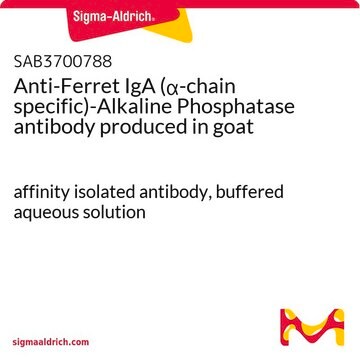09-0750
Ethyl acrylate
SAJ first grade, ≥99.0%
Synonym(s):
Acrylic acid ethyl ester
About This Item
Recommended Products
grade
SAJ first grade
vapor density
3.5 (vs air)
vapor pressure
31 mmHg ( 20 °C)
Assay
≥99.0%
form
liquid
autoignition temp.
721 °F
expl. lim.
12.1 %
availability
available only in Japan
refractive index
n20/D 1.406 (lit.)
bp
99 °C (lit.)
mp
−71 °C (lit.)
density
0.918 g/mL at 25 °C (lit.)
SMILES string
CCOC(=O)C=C
InChI
1S/C5H8O2/c1-3-5(6)7-4-2/h3H,1,4H2,2H3
InChI key
JIGUQPWFLRLWPJ-UHFFFAOYSA-N
Looking for similar products? Visit Product Comparison Guide
Signal Word
Danger
Hazard Statements
Precautionary Statements
Hazard Classifications
Acute Tox. 3 Inhalation - Acute Tox. 4 Dermal - Acute Tox. 4 Oral - Aquatic Chronic 3 - Eye Irrit. 2 - Flam. Liq. 2 - Skin Irrit. 2 - Skin Sens. 1 - STOT SE 3
Target Organs
Respiratory system
Storage Class Code
3 - Flammable liquids
WGK
WGK 2
Flash Point(F)
48.2 °F - closed cup
Flash Point(C)
9 °C - closed cup
Personal Protective Equipment
Regulatory Listings
Regulatory Listings are mainly provided for chemical products. Only limited information can be provided here for non-chemical products. No entry means none of the components are listed. It is the user’s obligation to ensure the safe and legal use of the product.
PRTR
Class I Designated Chemical Substances
FSL
Group 4: Flammable liquids
Type 1 petroleums
Hazardous rank II
Water insoluble liquid
ISHL Indicated Name
Substances Subject to be Indicated Names
ISHL Notified Names
Substances Subject to be Notified Names
JAN Code
09-0750-5-500ML-J:
Certificates of Analysis (COA)
Search for Certificates of Analysis (COA) by entering the products Lot/Batch Number. Lot and Batch Numbers can be found on a product’s label following the words ‘Lot’ or ‘Batch’.
Already Own This Product?
Find documentation for the products that you have recently purchased in the Document Library.
Our team of scientists has experience in all areas of research including Life Science, Material Science, Chemical Synthesis, Chromatography, Analytical and many others.
Contact Technical Service









